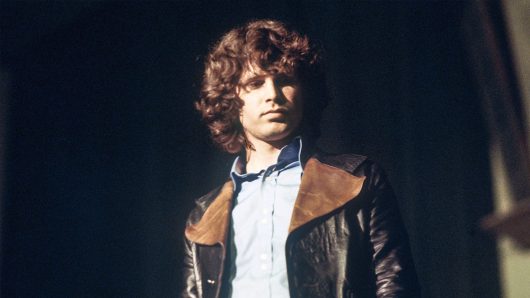Hailing from Aylesbury, Buckinghamshire, progressive-rock group Marillion – named after JRR. Tolkien’s book The Silmarillion – fused Genesis-inspired grandiosity with a synth-era toy box that flirted with the playfulness of new wave pop. Emerging in the early 80s with fantastical lyrics that gave us a deep dive into the psyche of Scottish songwriter Fish, the best Marillion songs were positively swimming with guitarist Steve Rothery’s bodacious riffs and keyboardist Mark Kelly’s rapturous synth hooks.
From the spirited, punk-indebted shriek of their debut single, Market Square Heroes, to the impassioned romantic pleas of their UK Top 5 hit Kayleigh, Marillion continued the eccentric quest Peter Gabriel mounted with the 70s incarnation of Genesis, defying the odds by recasting progressive rock in their own image. Though the band would, in 1989, find a new frontman in the shape of Steve Hogarth, the group’s Fish-fronted era earned them their reputation as masters of neo-prog.
Listen to the best of Marillion here, and check out our best Marillion songs, below.
10: Punch And Judy (from ‘Fugazi’, 1984)
Released in January 1984 as the lead single to Marillion’s sophomore album, Fugazi, Punch And Judy – a three-and-a-half-minute narrative about domestic violence – was originally demoed at a time when Marillion were struggling to find a new drummer to fill their line-up following the departure of Mick Pointer. Though they finally settled on the incomparable Ian Mosley, the song gives a writing credit to Toyah Willcox drummer Jonathan Mover, who was originally part of its creation. Chock-full of slice-of-life wordplay, Punch And Judy reached No.24 in the UK.




